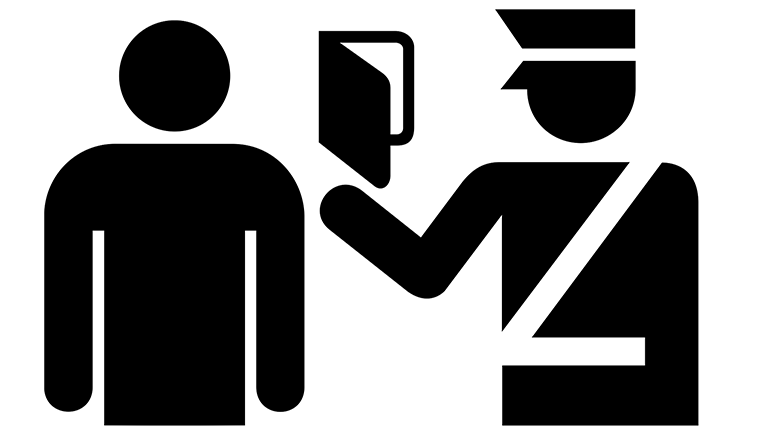
| 

Details are still unravelling about exactly what happened to the 39 people who were found dead in a truck in Essex after entering the country illegally. Investigations are ongoing into the international people trafficking ring, which appears to have involved bringing container loads of Vietnamese nationals into the UK on fake Chinese documentation. The criminal case is likely to rumble on, with a trial date yet to be set.
It’s very easy to write this sort of tragic case off as nothing to do with you. However, if you run a business or are involved with interviewing and recruitment, it may have a lot to do with you. This headline-grabbing case has brought home how desperate people are to get into the UK and secure a job here.
People Trafficking
Many of the people who are brought into the UK in the back of lorries have paid huge sums of money for the privilege. In order to pay back the gangs who arrange the illegal entry, trafficked people are often put to work in nail bars, car washes or other businesses until they’ve paid their debt. However, people who make their own way into the UK, or just overstay a legitimate entry visa, are not allowed to work legally either.
Checking Identity
The responsibility for checking that someone is legally allowed to work in the UK lies with the employer, not the Home Office. Employers can be hit with huge fines of up to £20,000 for each illegal worker they employ. Therefore, it’s standard practice to ask people to bring their passports to interview. The issue of employers checking up on their workers’ nationalities and immigration status is controversial. Some employers resent being asked to do what they perceive as UK Border Agency’s job, but currently there are no plans to overhaul the system.
Two Related Issues
If you’re responsible for making sure that people applying to your company are legal workers, where do you start? Well, there are two key issues to consider. Firstly, there is a group of people who just don’t have any documents at all. They’ve never had a passport or refuse to show any proof at all. This is usually a fairly easy scenario to deal with.
A trickier situation concerns people like the people who died in the container lorry in November. They were all carrying documents, but they were fakes. How do you spot when a job applicant is claiming to be something they’re not? This is altogether more complex. Care should be taken over the identity verification process. It’s not just enough to confirm that the person has a passport which entitles them to live and work in the UK. Another step for identity verification has to be verifying that the documents are genuine, and that they belong to the person in front of you.
The good news is that you don’t need to be an expert. Immigration authorities will offer help and advice for those struggling with verifying documents. There’s also lots of information online about how to spot the common problems with counterfeit documents.


